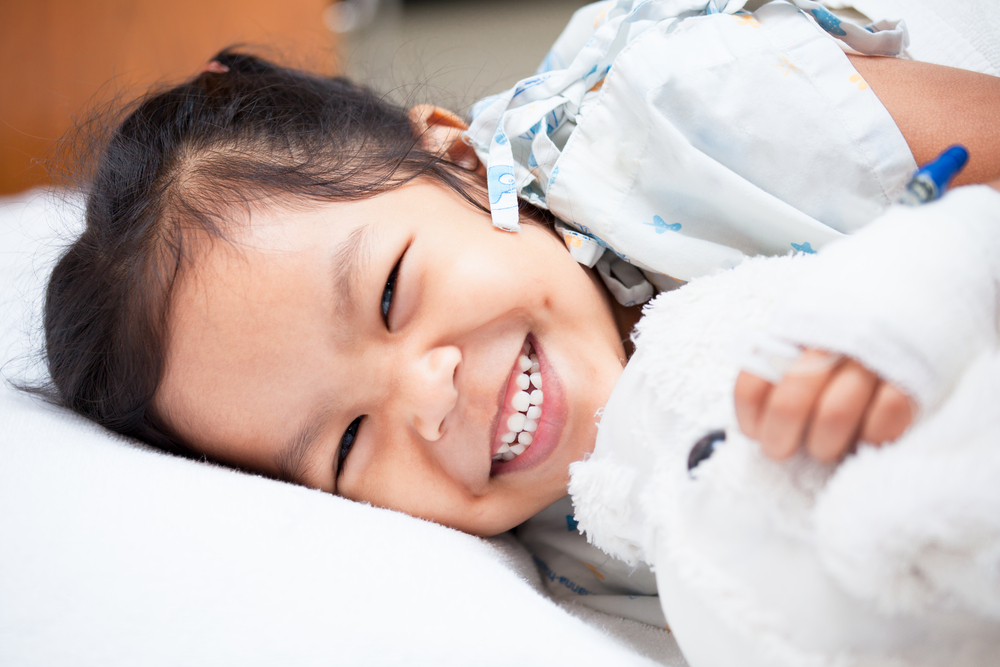AI technology helps identify cerebral palsy in babies

Cutting-edge technology that analyses clips of babies’ movements can help speed up detection of cerebral palsy, according to a new study.
The research, led by Murdoch Children’s Research Institute (MCRI) and published in PLOS Digital Health, found AI technology could accurately track the movements of babies through smartphone videos, submitted by parents. Abnormal or absent movements were successfully detected in 76 per cent of cases, similar to an assessment by an experienced clinician.
For the study, 484 videos were examined involving 327 infants, aged between 12 and 18 weeks old. The videos, captured on the Baby Moves app, showed babies lying on their backs doing spontaneous movements.
The AI technology, detected the presence of abnormal infant movements in 41 infants, acting as a measure for potential risk of cerebral palsy.
MCRI's Dr Elyse Passmore said the technology would be game-changer for the early detection of cerebral palsy, especially for families outside of major cities who don’t have access to in-person services.

Image: Dr Elyse Passmore
“Cerebral palsy is the most common cause of physical disability in childhood, and while early diagnosis is crucial, not all families have access to low-cost screening tools,” she said.
“This technology was able to show a human level of accuracy when it came to detecting subtle, early signs of cerebral palsy, which will help with timely diagnosis and treatment.”
In addition to cerebral palsy risk, the research found that infants with abnormal movement patterns were also more likely to experience cognitive delays and motor difficulties at two years of age, regardless of whether they were born preterm or full-term.
The Baby Moves app has since been integrated into another app, GenV & Me. This is part of the Generation Victoria (GenV) study, a long-term project that measures all aspects of health in 100,000 Victorians, from infancy through to adulthood.
Dr Gareth Ball said through this collaboration an additional 4,000 infant movement videos were captured.

Image: Dr Gareth Ball
“Our AI technology will make it possible to analyse a substantial dataset of this size, which will add to the long-term data collected through GenV,” he said.
Researchers from University of Melbourne and The Royal Children’s Hospital (RCH) also contributed to the findings. The families involved in the study were recruited as part of the Victorian Infant Collaborative Study (VIBeS), a longitudinal study of babies born extremely premature.
The Baby Moves app remains available for families participating in other MCRI research studies and can be downloaded via the Google Play Store and Apple Store.
*The content of this communication is the sole responsibility of MCRI and does not reflect the views of the NHMRC.
Publication: E. Passmore, A. L. Kwong, S. Greenstein, J. E. Olsen, A. L. Eeles, J. L. Y. Cheong, A. J. Spittle and G. Ball ‘Automated identification of abnormal infant movements from smart phone videos,’ PLOS Digital Health. 10.1371/journal.pdig.0000432
Funding:
The study was supported by the Murdoch Children’s Research Institute (Clinician Scientist Fellowship to EP), Rebecca L Cooper Medical Research Foundation (PG2019421 to GB), National Health and Medical Research Council Investigator Grant (1194497 to GB; 2016390 to JC), NVIDIA Corporation Hardware Grant program and The Royal Children’s Hospital Foundation.




